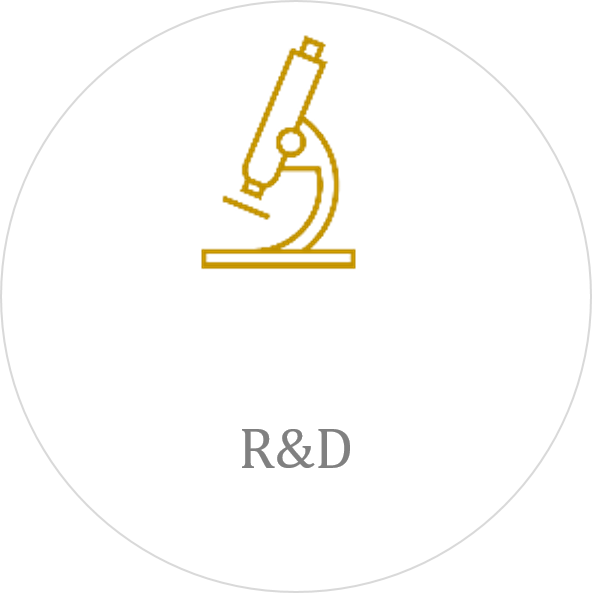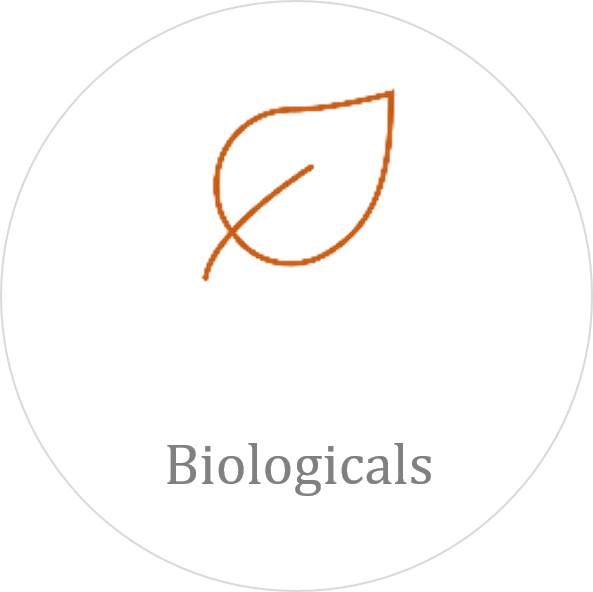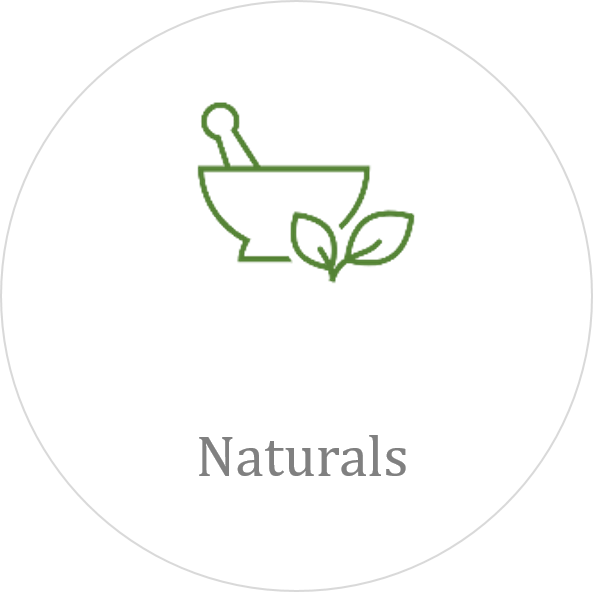ABOUT
The project PhytoNUTRE is promoted by the company Phytoalgae, Lda in partnership with the University of Madeira for the development of new innovative food supplements derived from the protein fraction originating from the biomass of microalgae and cyanobacteria, and which have a high nutraceutical and pharmaceutical capacity.
Characteristics:










Incentive system: EEA Grants
Total Investment: 831 421€
Montante Financiado: 581 995 €
Promotor: Phytoalgae, Lda
Operador do Programa: DGPM – Direção Geral de Política do Mar
Partner: Universidade da Madeira
Incentive system: EEA Grants
Total Investment: 149 998 €
Financed amount EEA Grants: 109 745€
Financed amount DGPM 19 367 €
Promotor: Phytoalgae, Lda
Project Operator: DGPM – Direção Geral de Política do Mar
Partner: Universidade da Madeira

Targets




SCOPE
Currently, one of society's greatest goals is focused on the search for food sources that satisfy the global needs of the world's population. The growth of the world population is one of the factors driving this search for foods rich in proteins, as well as for new protein sources that satisfy this aim, which is why they have gained special relevance. Microorganisms such as microalgae and cyanobacteria are currently considered a highly relevant superfood with enormous economic and nutritional potential.
The most traded microalgae and cyanobacteria biomass worldwide are Chlorella vulgaris and Arthrospira platensis, respectively. These species contain between 50 and 60% protein, in dry weight, and also have essential vitamins, minerals and other antioxidant compounds in their biochemical constitution, with this biomass considered a nutritionally rich and complete food source, hence being considered a “superfood”. . Both species described above have high protein content, when compared to other reference protein sources, notably corn, wheat and soy, which have around 10, 14 and 37% protein content, respectively, in dry weight. The protein potential of microalgae goes beyond the content and diversity of essential amino acids, being also a great source of several enzymes with wide application in industrial processes (Spier M. et al., 2020). The increasing use of enzymes in various industries has led to a growing increase in the current market, and current production cannot meet the current demand for these biomolecules. Therefore, the PhytoNUTRE project meets this goal and aims to meet the current needs of the market in the area, always focusing on product quality, as well as the health and well-being of consumers.
Contributing indicators EEAgrants:

Applicability

Carotenóides 37%
Fitoesteróis 9%
PUBLICAÇÕES

Company Name
Lorem ipsum dolor sit amet, cu usu cibo vituperata, id ius probo maiestatis inciderint, sit eu vide volutpat.

Company Name
Lorem ipsum dolor sit amet, cu usu cibo vituperata, id ius probo maiestatis inciderint, sit eu vide volutpat.

Company Name
Lorem ipsum dolor sit amet, cu usu cibo vituperata, id ius probo maiestatis inciderint, sit eu vide volutpat.

Company Name
Lorem ipsum dolor sit amet, cu usu cibo vituperata, id ius probo maiestatis inciderint, sit eu vide volutpat.

Company Name
Lorem ipsum dolor sit amet, cu usu cibo vituperata, id ius probo maiestatis inciderint, sit eu vide volutpat.

Company Name
Lorem ipsum dolor sit amet, cu usu cibo vituperata, id ius probo maiestatis inciderint, sit eu vide volutpat.
Through the Agreement on the European Economic Area (EEA), Iceland, Liechtenstein and
Norway are internal market partners with the Member States of the European Union.
As a way of promoting a continuous and balanced strengthening of economic relations
and commercial, the parties to the EEA Agreement have established a Financial Mechanism
multi-year grant, known as EEA Grants.
EEA Grants aim to reduce social and economic disparities in Europe
and strengthen bilateral relations between these three countries and the beneficiary countries.
For the period 2014-2021, a total contribution of 2.8 billion euros was agreed
for 15 beneficiary countries. Portugal will benefit from a budget of 102.7 million euros.
Find out more at eeagrants.gov.pt
Program operator:

Promotor:

Partner




Project funded by the donor countries Iceland, Liechtenstein and Norway, under the EEA grants-Support for initiatives that promote the growth of startups - SGS #1
